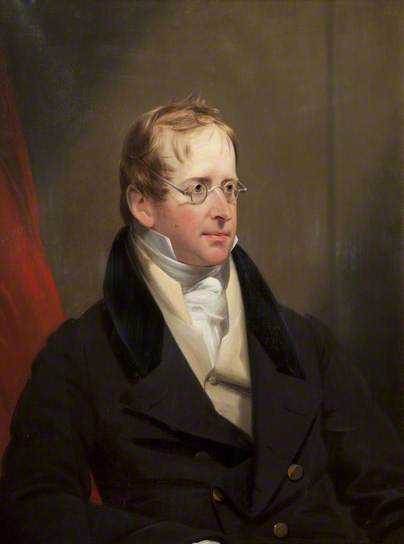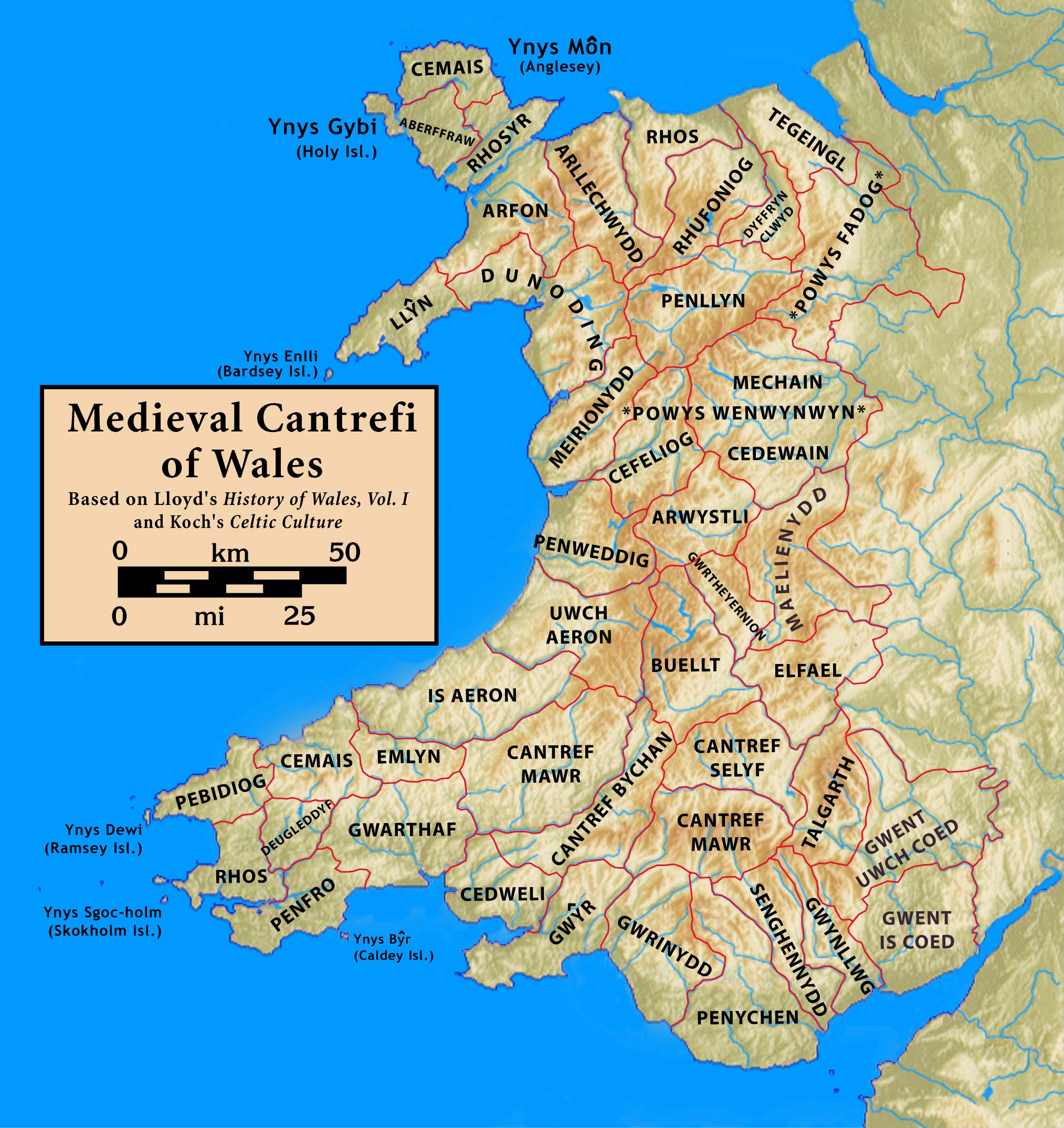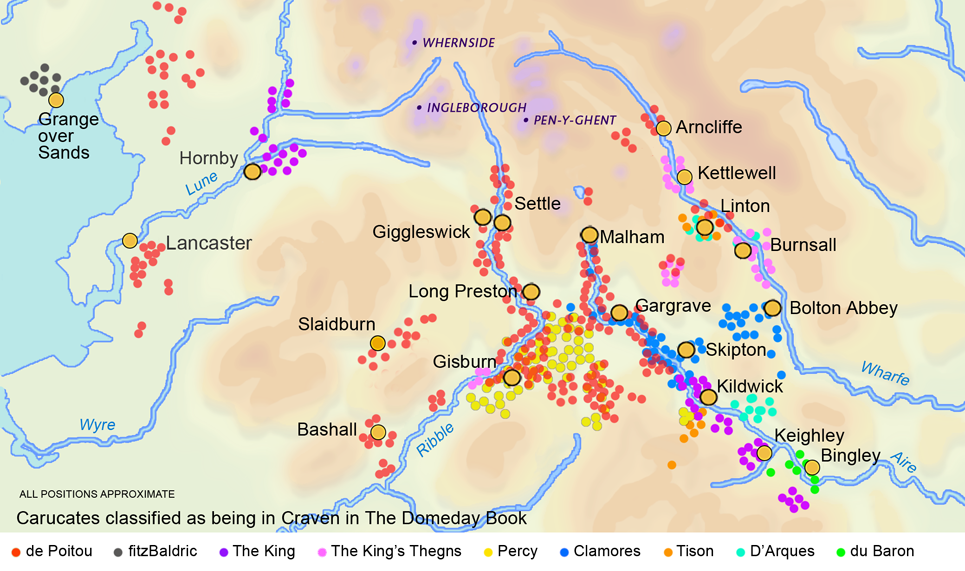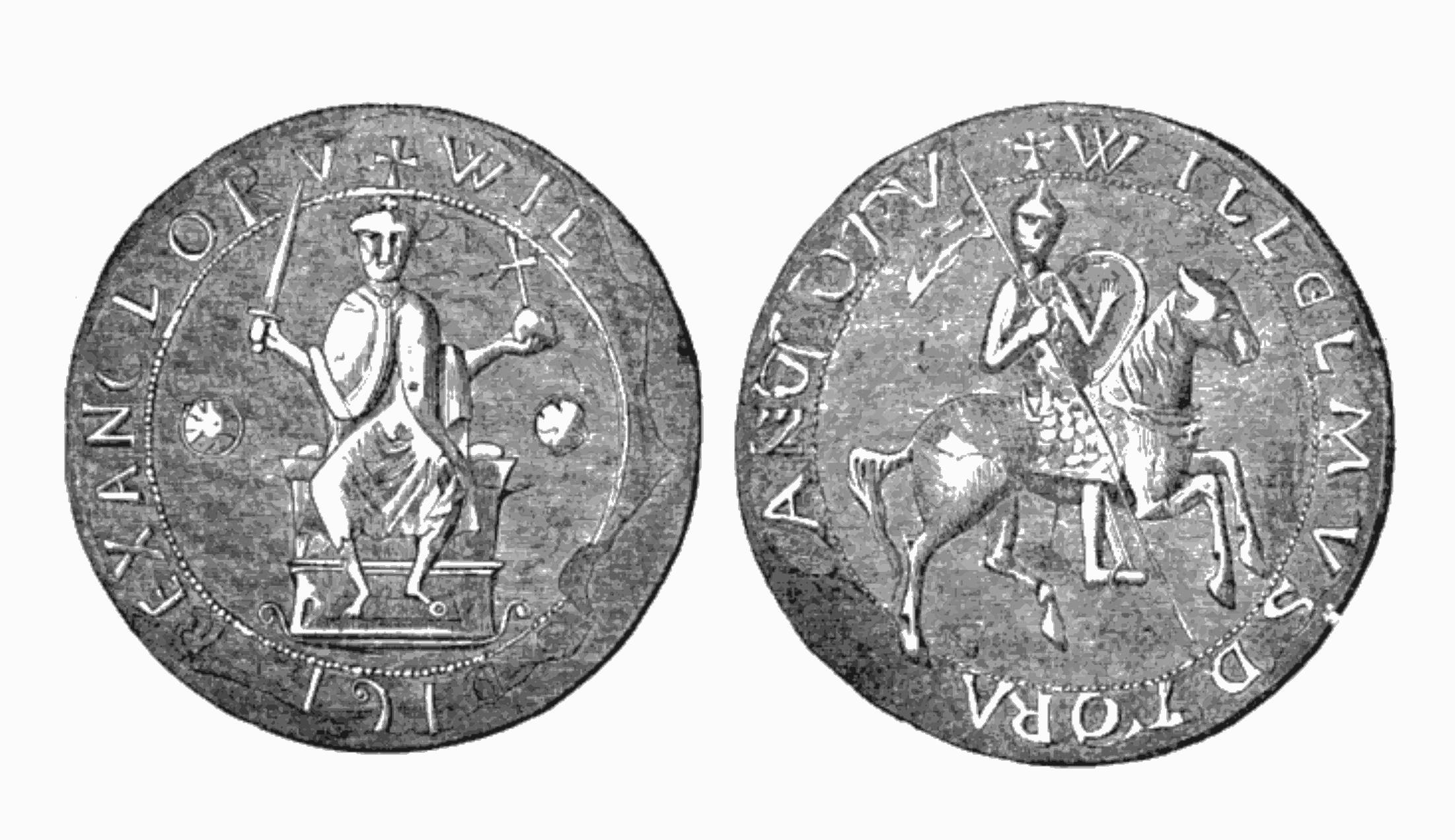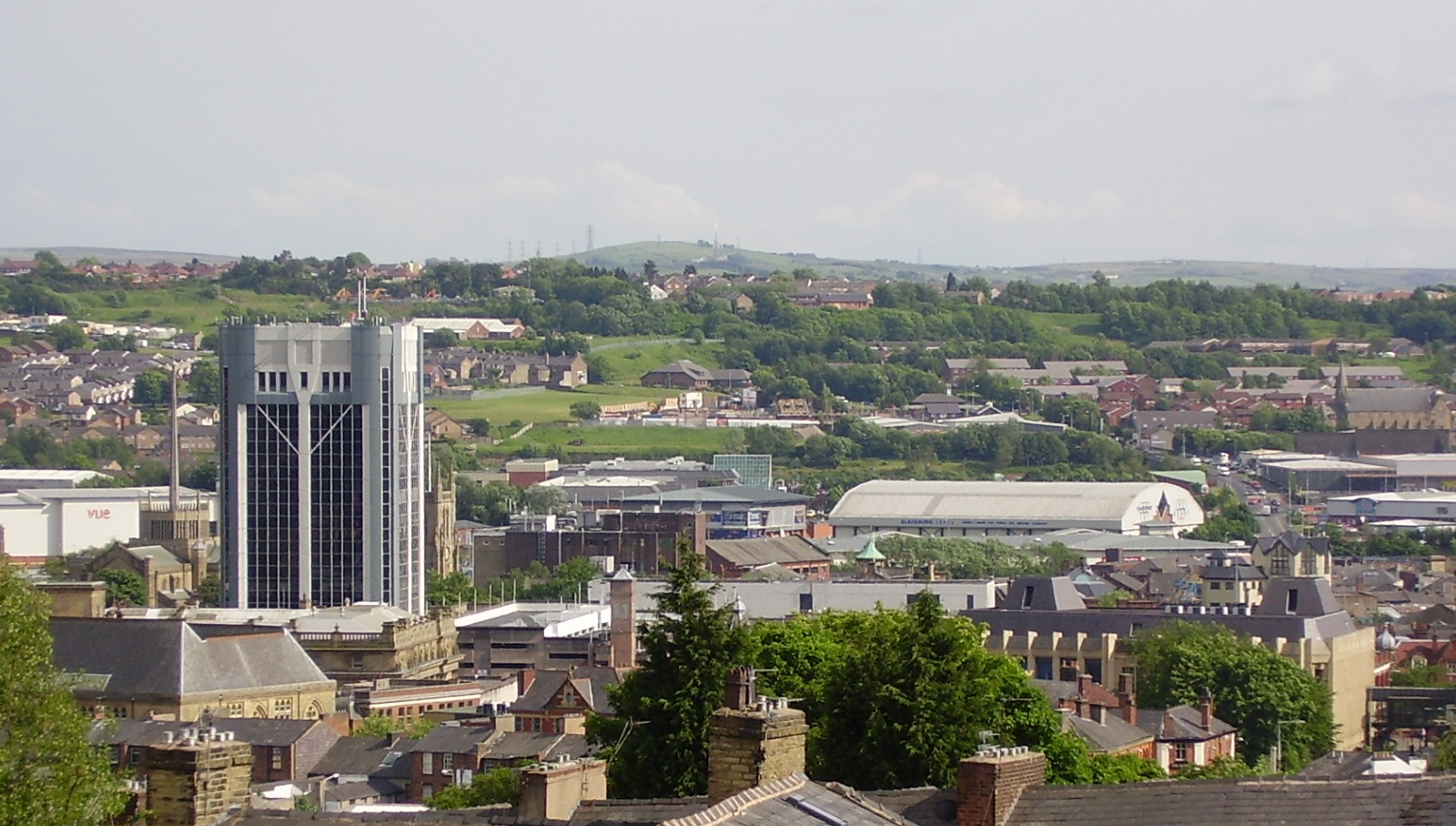|
Clitheroe Castle
Clitheroe Castle is a ruined early medieval castle in Clitheroe in the Ribble Valley, Borough of Ribble Valley, Lancashire, England. It was the ''Caput baroniae, caput'' of the Honour of Clitheroe, a vast estate stretching along the western side of the Pennines. Its earliest history is debated but it is thought to be of Normans, Norman origin, probably built in the twelfth century. Property of the de Lacy family, the honour later merged with the Earl of Lancaster, earldom and then Duchy of Lancaster. Given to George Monck, 1st Duke of Albemarle in 1660, the castle site remained in private ownership until 1920, when it was sold to the people of Clitheroe to create a war memorial. Today the buildings on the site are the home of Clitheroe Castle Museum. The keep is the second smallest surviving stone-built keep in England. The castle was listed as a Scheduled Monument on 10 April 1915 (and later, under the Ancient Monuments and Archaeological Areas Act 1979 law). It was Listed build ... [...More Info...] [...Related Items...] OR: [Wikipedia] [Google] [Baidu] |
Clitheroe Castle Museum
Clitheroe Castle Museum is located in Clitheroe, Lancashire, England, in the former Steward's House, a Grade II listed building that was built in the 18th century to house the steward of Clitheroe Castle. It is a museum showing the history of the local area. History The museum was originally opened in 1954 in the Steward's Gallery, later moving to the Steward's House. The Clitheroe Castle Museum underwent a £3.5-million refurbishment and redevelopment and re-opened on 23 May 2009. It was officially opened on 23 June 2009 by Prince Richard, Duke of Gloucester. As part of the redevelopment, a cafe and shop were added adjacent to the museum, and the Steward's Gallery was also refurbished as an exhibition area. The museum was named as a "Quality Assured Visitor Attraction" by VisitEngland in November 2009. The museum is owned by Ribble Valley Borough Council and operated by the Lancashire County Council. The museum is now located below the keep, and it charges only for adults ... [...More Info...] [...Related Items...] OR: [Wikipedia] [Google] [Baidu] |
Clitheroe
Clitheroe () is a town and civil parishes in England, civil parish in the Ribble Valley, Borough of Ribble Valley, Lancashire, England; it is located north-west of Manchester. It is near the Forest of Bowland and is often used as a base for tourists visiting the area. In 2018, the Clitheroe built-up area had an estimated population of 16,279. The town was listed in the 2017 ''The Sunday Times'' report on the best places to live in Northern England, while the wider Ribble Valley, of which Clitheroe is the most populous settlement, was listed in the 2018 and 2024 ''Sunday Times'' report on the best places to live. Clitheroe and the wider Ribble Valley have also been listed as healthiest and happiest place to live in the United Kingdom. The town's most notable building is Clitheroe Castle, which is said to be one of the smallest Norman architecture, Norman keeps in Great Britain. Several manufacturing companies have sites here, including Dugdale Nutrition, Hanson Cement, Johnson ... [...More Info...] [...Related Items...] OR: [Wikipedia] [Google] [Baidu] |
Hundred (division)
A hundred is an administrative division that is geographically part of a larger region. It was formerly used in England, Wales, some parts of the United States, Denmark, Sweden, Finland, Norway, and in Cumberland County in the British Colony of New South Wales. It is still used in other places, including in Australia (in South Australia and the Northern Territory). Other terms for the hundred in English and other languages include '' wapentake'', ''herred'' (Danish and Bokmål Norwegian), ''herad'' ( Nynorsk Norwegian), ''härad'' or ''hundare'' (Swedish), ''Harde'' (German), ''hiird'' ( North Frisian), ''kihlakunta'' (Finnish), and '' cantref'' (Welsh). In Ireland, a similar subdivision of counties is referred to as a barony, and a hundred is a subdivision of a particularly large townland (most townlands are not divided into hundreds). Etymology The origin of the division of counties into hundreds is described by the ''Oxford English Dictionary'' (''OED'') as "exceedingly ... [...More Info...] [...Related Items...] OR: [Wikipedia] [Google] [Baidu] |
Pontefract Castle
Pontefract (or Pomfret) Castle is a castle ruin in the town of Pontefract, in West Yorkshire, England. King Richard II of England, Richard II is thought to have died there. It was the site of a series of famous sieges during the 17th-century English Civil War. History The castle, on a rock to the east of the town above All Saints' Church, was constructed in approximately 1070 by Ilbert de Lacy on land which had been granted to him by William the Conqueror as a reward for his support during the Norman Conquest. There is, however, evidence of earlier occupation of the site. Initially the castle was a wooden structure which was replaced with stone over time. The Domesday Survey of 1086 recorded "Ilbert's Castle" which probably referred to Pontefract Castle. Robert de Lacy failed to support King Henry I of England, Henry I during his power struggle with his brother, and the King confiscated the castle from the family during the 12th century. Roger de Lacy (1170–1211 ... [...More Info...] [...Related Items...] OR: [Wikipedia] [Google] [Baidu] |
English Feudal Barony
In the kingdom of England, a feudal barony or barony by tenure was the highest degree of feudal land tenure, namely ''per baroniam'' (Latin for "by barony"), under which the land-holder owed the service of being one of the king's barons. The duties owed by and the privileges granted to feudal barons are not exactly defined, but they involved the duty of providing soldiers to the royal feudal army on demand by the king, and the privilege of attendance at the king's feudal court, the '' Magnum Concilium'', the precursor of parliament. If the estate-in-land held by barony contained a significant castle as its '' caput baroniae'' and if it was especially large – consisting of more than about 20 knight's fees (each loosely equivalent to a manor) – then it was termed an honour. The typical honour had properties scattered over several shires, intermingled with the properties of others. This was a specific policy of the Norman kings, to avoid establishing any one area under the ... [...More Info...] [...Related Items...] OR: [Wikipedia] [Google] [Baidu] |
Craven In The Domesday Book
The extent of the medieval district of Craven, in the north of England is a matter of debate. The name Craven is either pre-Celtic British, Britonnic or Romano-British in origin. However, its usage continued following the ascendancy of the Anglo-Saxons and the Normans – as was demonstrated by its many appearances in the Domesday Book of 1086. Places described as being ''In Craven'' in the Domesday Book fell later within the modern county of North Yorkshire, as well as neighbouring areas of West Yorkshire, Lancashire and Cumbria. Usage of Craven in the Domesday Book is, therefore, circumstantial evidence of an extinct, British or Anglo-Saxon kingdom or subnational entity (such as a shire or earldom). The former local government district of Craven – a much smaller area entirely within North Yorkshire – was defined in 1974 and was abolished in 2023 to be replaced by the unitary authority of North Yorkshire. Background Although historic Craven extended a little further ... [...More Info...] [...Related Items...] OR: [Wikipedia] [Google] [Baidu] |
River Ribble
The River Ribble runs through North Yorkshire and Lancashire in Northern England. It starts close to the Ribblehead Viaduct in North Yorkshire, and is one of the few that start in the Yorkshire Dales and flow westwards towards the Irish Sea (the Dee in Dentdale and the Twiss in Kingsdale being notable others). Etymology The name ''Ribble'' may be a Brittonic compound-formation. The second element is the noun ''*pol'', with connotations including "puddle, pond, upland-stream" ( Welsh ''pwll''). The first is ''rö-'', an intensive prefix, with nouns meaning "great" (Welsh ''rhy-'', Cornish re-). Ribble may once have been known as ''*Bremetonā-'', underlying the name ''Bremetenacum'', the Roman fort at Ribchester. Involved here is the Brittonic root ''*breμ–'', meaning "roaring" (cf. Welsh ''brefu''), as observed at the river-names Breamish in Northumberland, Braan in Scotland and Brefi in Wales. History Neolithic to Saxon finds from along the River Ribble during th ... [...More Info...] [...Related Items...] OR: [Wikipedia] [Google] [Baidu] |
Lordship Of Bowland
The Lordship of Bowland is a manorial lordship associated with the Forest of Bowland in Lancashire, England. The lordship fell into disuse between 1885 and 2008, during which time it was widely believed to have lapsed; it was revived in 2008. In 1885, the estates of the aristocratic Towneley family were broken up following the death of the last male heir. These included the Forest of Bowland. In 1938 the Crown, in the form of the Duchy of Lancaster, acquired of the forest, known as the Whitewell Estate, near Clitheroe; it was generally assumed that the Lordship of Bowland had been transferred to the Crown. It was subsequently discovered that the sale of Whitewell Estate, while it included mineral, sporting and forestry rights, had specifically excluded the Lordship of Bowland itself. In fact, ownership of the title had descended to an extinct Towneley family trust. Consequently, in 2008, Charles Towneley Strachey, 4th Baron O'Hagan, disposed of the Lordship by private tre ... [...More Info...] [...Related Items...] OR: [Wikipedia] [Google] [Baidu] |
William Rufus
William II (; – 2 August 1100) was King of England from 26 September 1087 until his death in 1100, with powers over Normandy and influence in Scotland. He was less successful in extending control into Wales. The third son of William the Conqueror, he is commonly referred to as William Rufus (' being Latin for "the Red"), perhaps because of his ruddy appearance or, more likely, due to having red hair. William was a figure of complex temperament, capable of both bellicosity and flamboyance. He did not marry or have children, which – along with contemporary accounts – has led some historians to speculate on homosexuality or bisexuality. He died after being hit by an arrow while hunting. Circumstantial evidence in the behaviour of those around him – including his younger brother Henry I – raises strong, but unproven, suspicions of murder. Henry immediately seized the treasury and had himself crowned king. Historian Frank Barlow observed William was " rumbustious, dev ... [...More Info...] [...Related Items...] OR: [Wikipedia] [Google] [Baidu] |
Blackburn
Blackburn () is an industrial town and the administrative centre of the Blackburn with Darwen borough in Lancashire, England. The town is north of the West Pennine Moors on the southern edge of the River Ribble, Ribble Valley, east of Preston, Lancashire, Preston and north-northwest of Manchester. Blackburn is at the centre of the wider unitary authority area along with the town of Darwen. It is the second largest town (after Blackpool) in Lancashire. At the United Kingdom Census 2011, 2011 census, Blackburn had a population of List of urban areas in England by population, 117,963, whilst the wider borough of Blackburn with Darwen had a population of List of English districts by population, 150,030. Blackburn had a population of 117,963 in 2011, with 30.8% being people of ethnic backgrounds other than white British. A former mill town, Blackburn has been the site of textile production since the mid-13th century, when wool was woven in people's houses in the domestic sy ... [...More Info...] [...Related Items...] OR: [Wikipedia] [Google] [Baidu] |
Albert De Gresle
Albert de Gresle () was a non-resident lord of the manor of Manchester. Origins Various antiquarians believed that the Gresle family originated from Malahulc, purported uncle of Rollo, of whom descended Roger I of Tosny, ancestor of the future Gresley Baronets. William Robert Whatton disputed this, believing the origin and descent of the Gresle family to be separate to that of the Derbyshire baronets, noting the distinct armorial bearings, and noting that there is no record of the Gresleys holding land in Lancashire. Later historians such as James Tait and Falconer Madan supported Whatton's refutation of this purported origin. In ''The History of the County Palatine and Duchy of Lancaster'', James Croston identifies Albert Gresle as being Albert Bussel, brother of Lord Warin Bussel of Penwortham. Tait states in ''Mediæval Manchester and the beginnings of Lancashire'' that "this wild identification affords a good illustration of the mingled ignorance and rashness of too man ... [...More Info...] [...Related Items...] OR: [Wikipedia] [Google] [Baidu] |
Roger De Busli
Roger de Busli (c. 1038 – c. 1099) was a Anglo-Normans, Norman baron who participated in the Norman conquest of England, conquest of England in 1066. Life Roger de Busli was born in or around 1038. His surname comes from the town now known as Bully, Seine-Maritime, Bully (near Neufchâtel-en-Bray, mentioned as ''Buslei'' ar. 1060, ''Busli'' 12th century.) in Normandy, and he was likely born there. Busli was given lands in Nottinghamshire, Derbyshire and the Strafforth and Tickhill, Strafforth wapentake of Yorkshire. These had previously belonged to a variety of Anglo-Saxons, including Edwin, Earl of Mercia.David Hey, ''Medieval South Yorkshire'' By the time of the Domesday Book, Domesday survey de Busli was tenant-in-chief of 86 manors in Nottinghamshire, 46 in Yorkshire, and others in Derbyshire, Lincolnshire and Leicestershire, plus one in Devon. They became the Honour of Blyth (later renamed the Honour of Tickhill), and within it, de Busli erected numerous castles, at Tick ... [...More Info...] [...Related Items...] OR: [Wikipedia] [Google] [Baidu] |


